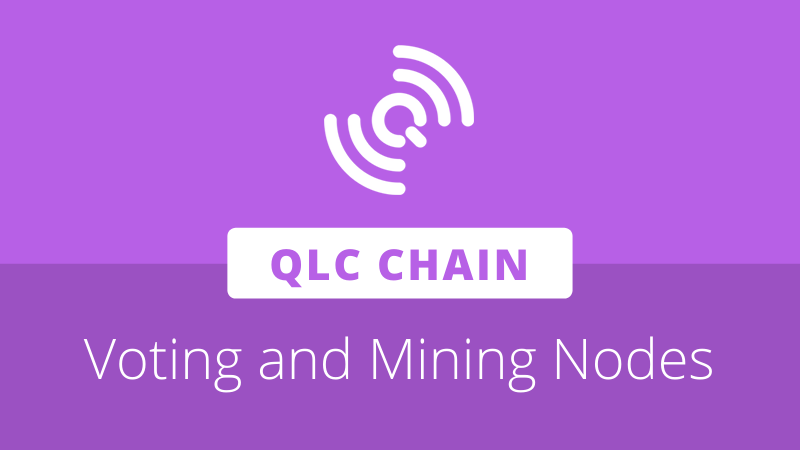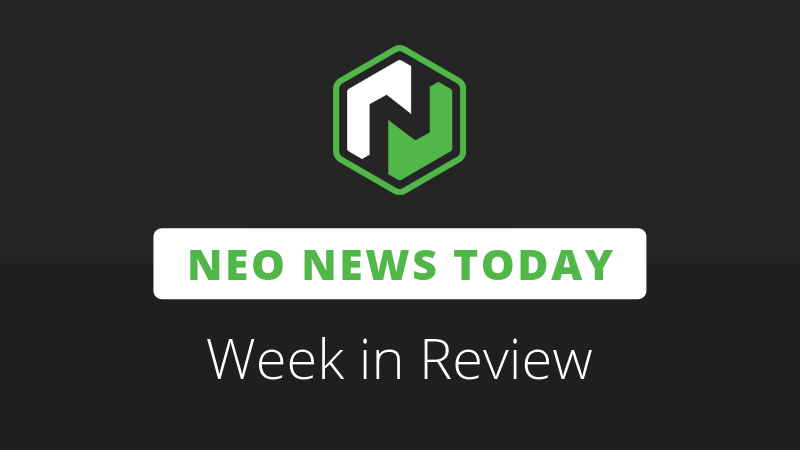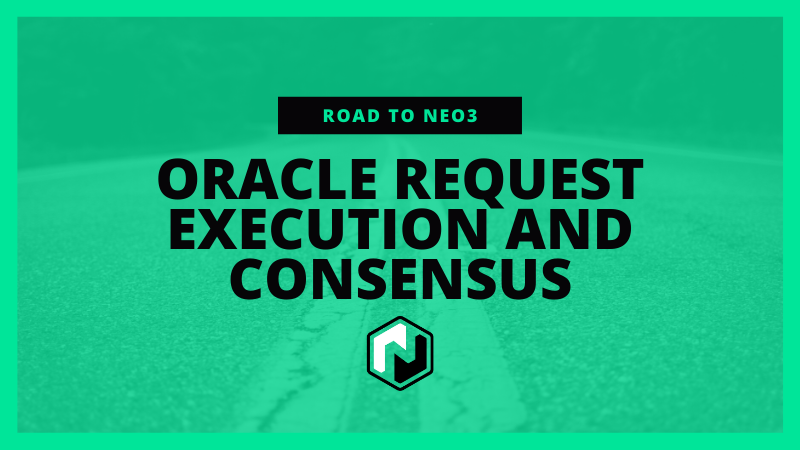
QLC Chain, a decentralized Network-as-a-Service (NaaS) provider, has announced the first batch of successful applicants of its early-bird node sponsorship campaign for voting and mining node operators. Additionally, the team has updated both its iOS and Android QWallet mobile applications.
The update to the QWallet mobile application follows a December 2019 announcement that QLC Chain had begun integrating “top-up” support for all mobile providers in Singapore and Indonesia. In a Twitter post, QLC Chain claims its mobile users in Indonesia and Singapore can receive a “30% off discount with the group recharge features.”
QLC Chain voting and mining nodes
QLC Chain’s consensus mechanism utilizes a dual delegated proof of stake (DPoS) and proof of work (PoW) model designed to increase the security of the ledger and balance efficiency and governance. Through the PoW portion of consensus, the QLC Chain protocol delegates two separate roles to mining nodes and voting nodes.
Voting nodes are responsible for executing decision-making processes required to achieve consensus among network participants. Additionally, QLC Chain platform users can delegate their voting power to a voting node by staking their NEP-5 QLC tokens.
To become a voting node, the entity must posses at least 0.5% of the voting power of the entire network, which is equivalent to 3 million QLC tokens. For their role, voting nodes receive 40% of the network’s native utility token, QGas, from mining rewards.
Mining nodes are responsible for minting the consensus achieved among the voting nodes onto the immutable blockchain ledger. To run a dedicated mining node, QLC Chain has provided corresponding documentation outlining and describing essential hardware and software.
To become a mining node, QLC Chain requires that the operator must stake a minimum of 100,000 QLC tokens to become eligible to run a node. For the use of the mining nodes’ computational power, they receive 60% of the QGas released with each block mined.
Early bird registration
Early bird registration to become a voting and mining node operator recently opened. Node operators are chosen on a first-come, first-serve basis until the network has 40 voting nodes and 30 mining nodes. Once at capacity, QLC Chain will maintain a shortlist of eligible node operators should one fail to operate properly and need to be replaced.
For mining node eligibility, applicants are given priority for owning the necessary hardware for dedicated mining. When an applicant is successful, they have seven days within receiving the confirmation letter to begin running the node. As part of the early bird campaign, QLC Chain will float the 100,000 QLC tokens to stake for eligibility, which has a staking requirement of one year.
To become a voting node, candidates must have an active QLC wallet address and a stake of at least 1 QLC. Applicants who are “long-time supporters” of QLC Chain and own a virtual private server (VPS) will receive higher priority. QLC Chain has provided a step-by-step tutorial to operate a voting node. Once approved, the voting node operator has 72 hours to begin running a node.
Should the node operators fail to launch the node within the respective timeframes, QLC Chain will withdraw the applicants delegated voting power. Further, if a voting node falls below an 80% uptime, then QLC Chain will revoke its voting power.
At the time of press, 18 voting nodes and three mining nodes have been approved to join the QLC Chain network.
The application process for maintaining a voting or mining node can be found at the link below: https://medium.com/qlc-chain/qlc-chain-node-sponsorship-plan-for-early-bird-f6b54ab752a3







About The Author: Dylan Grabowski
Dylan is a reformed urban planner with a passion for covering the Neo ecosystem. His objective as a writer for Neo News Today is to report news in an objective, fact-based, non-sensational manner. When not behind a computer screen, he can be found in the mountains rock climbing. Find Dylan on Twitter (@GrabowskiDylan).
More posts by Dylan Grabowski